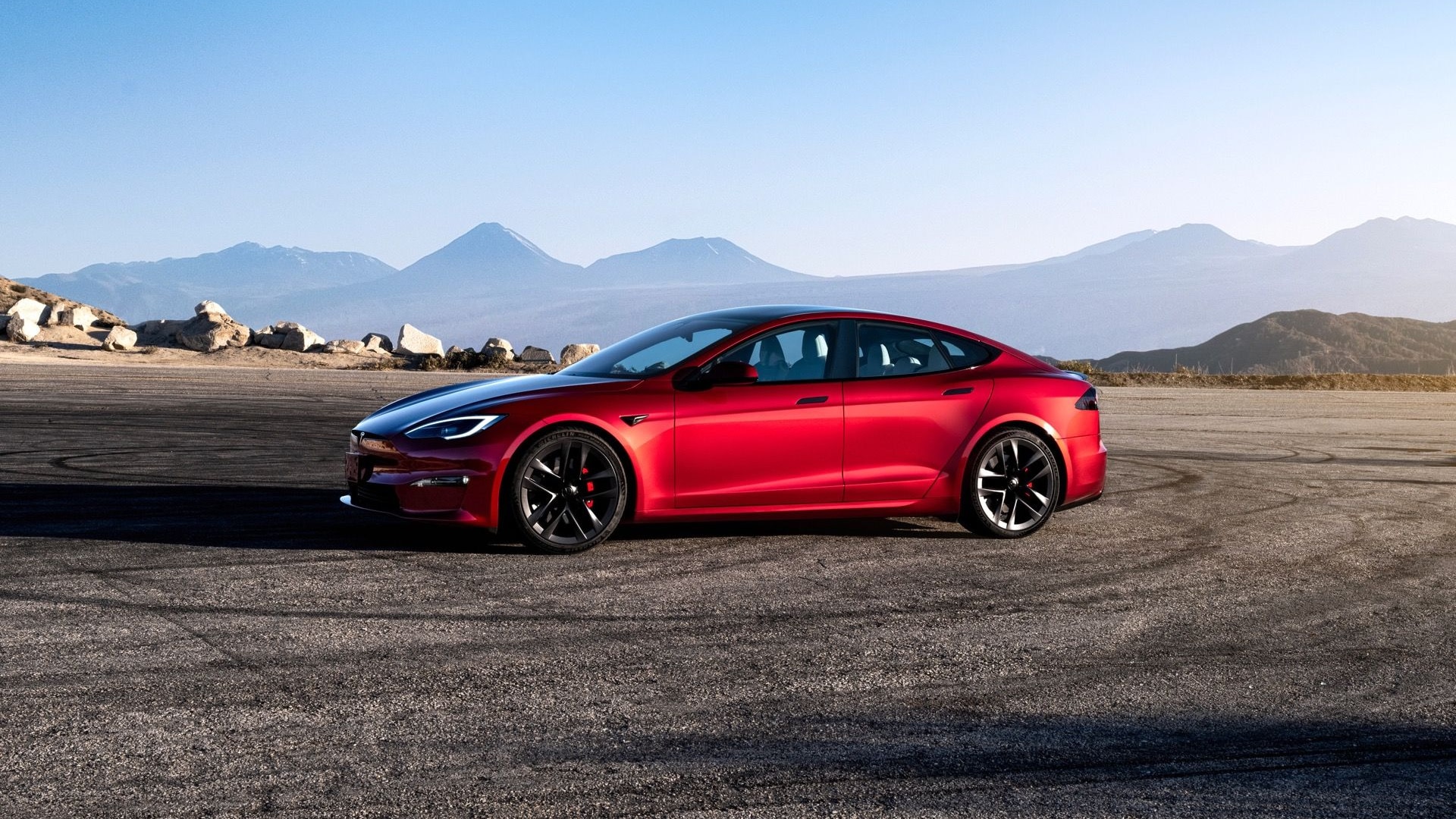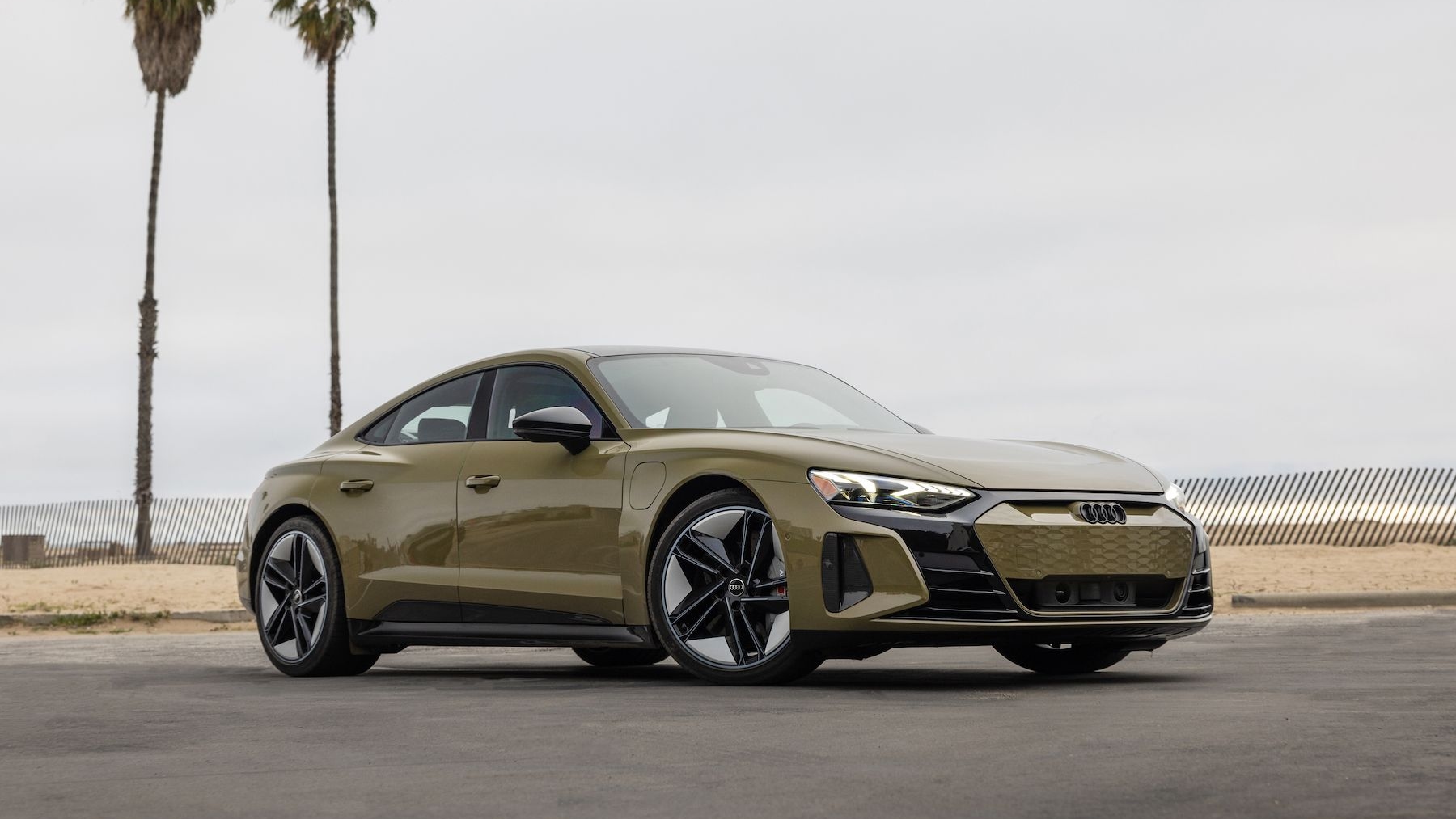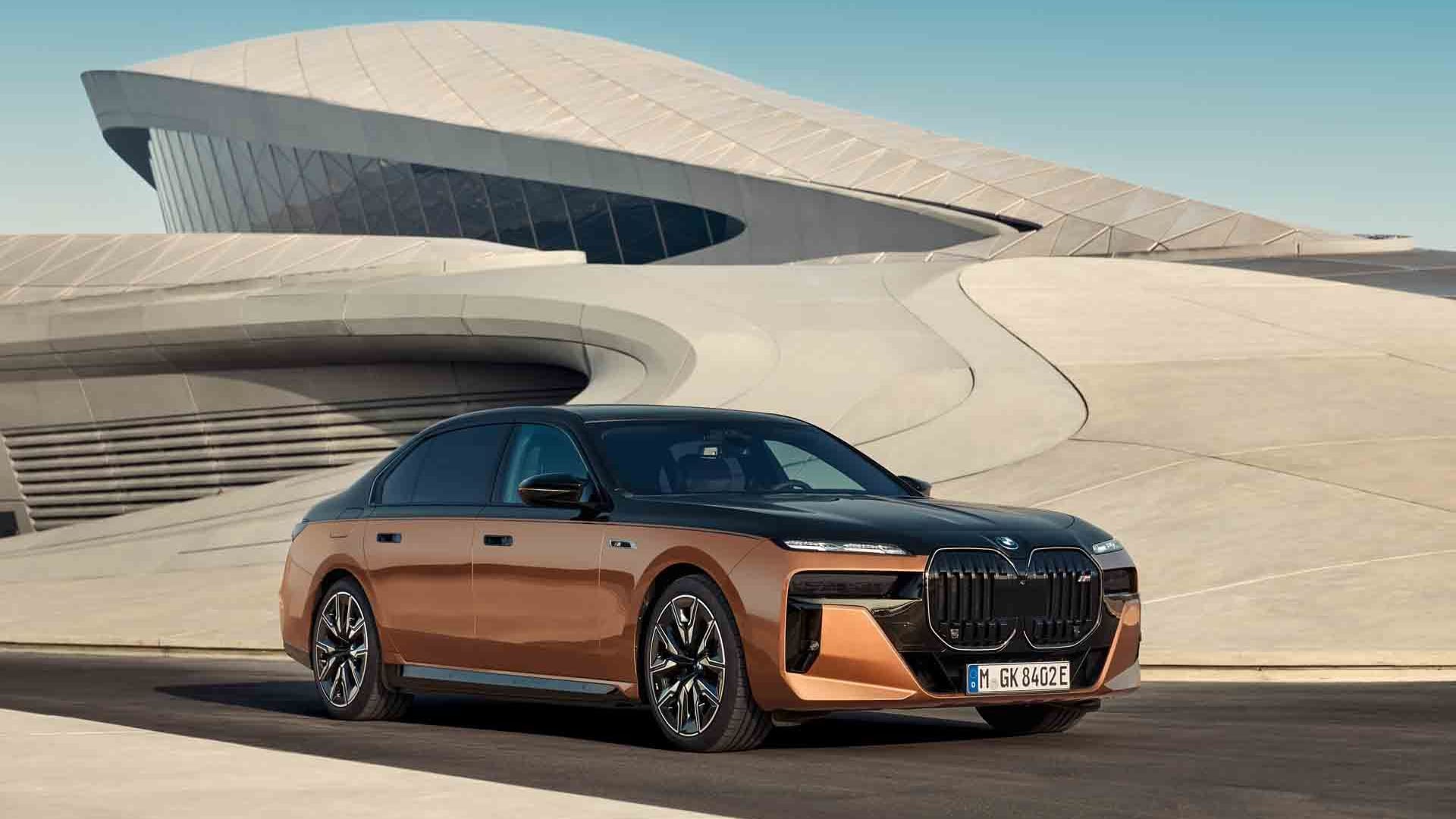Tesla announced Tuesday that its increased battery capacity for its Model S and Model X meant the car could go farther, faster than ever before. The response from several industry analysts shortly after sunk faster than a lead balloon.
“A clear and realistic path to profitability and sustainability should be Elon’s first priority. This is a distraction and a waste of time and resources," wrote Karl Brauer, senior analyst for Kelley Blue Book.
And he wasn't alone.
Auto industry analysts questioned the point of announcing that a $135,000 electric car could now accelerate faster than 99 percent of internal-combustion cars, when the automaker's focus is clearly shifting toward more affordable models at a much larger volume. To which, Elon had a response:
“The public really pays attention to superlatives, and for the first time, the world’s fastest production car in 0-to-60 is an electric car. I think that is really going to send a great message to the public that sustainable transport is the future,” he said, according to Slate.
Musk also said Tuesday that there would be no updates on the Model 3 production.
MORE: Watch a Tesla Model S drag race a Boeing 737
Tesla was fairly transparent in its statement announcing the 100-kilowatt battery—and its price premium of $10,000 to $20,000—would help fund the $35,000 Model 3, which is due within a few years.
"While the P100D Ludicrous is obviously an expensive vehicle, we want to emphasize that every sale helps pay for the smaller and much more affordable Tesla Model 3 that is in development. Without customers willing to buy the expensive Model S and X, we would be unable to fund the smaller, more affordable Model 3 development," the company wrote in a statement.
“It's fascinating to see the almost pleading tone of the price justification and the strategy to finance the Model 3. Everyone knows that's what's happening but imploring owners to help is a new level of transparency," Kelley Blue Book senior analyst Rebecca Lindland said in a statement.
It's a rare step for an automaker to admit publicly that it has padded upper-range prices to subsidize entry-level models, although it's a common practice.
"For now, only folks who can afford a six-figure vehicle will be able to enjoy the luxury of faster speeds and longer range, but this is the sort of innovation that will improve the electric car's reputation with skeptical shoppers," Edmunds executive director of industry analysis Jessica Caldwell said in a statement.
"Now the challenge is to make this sort of technology available at lower price points."



